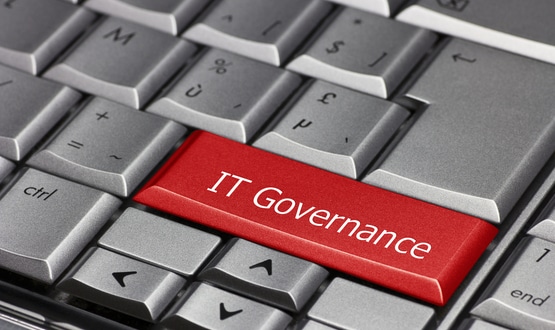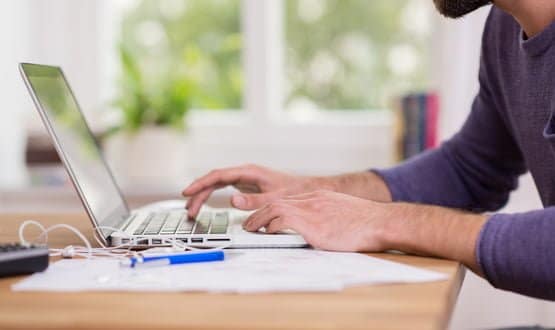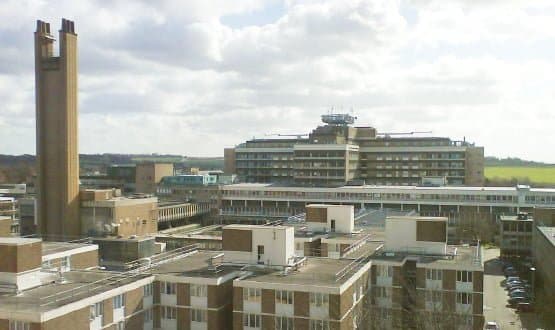NHS Direct pilots home working
- 15 June 2010
NHS Direct is to consider allowing a large number of its staff to work from home, if a pilot shows positive results.
The telephone and web advice service has already closed one of its sites in Portsmouth in order to allow staff to work from home.
The organisation, which employs more than 3,000 people across the country, is aiming to address low levels of staff satisfaction and morale.
Nick Chapman, chief executive of NHS Direct, told E-Health Insider: "We started letting around 11 staff work from home from the beginning of March from one of our smaller centres.
"In this instance [we were talking about] a small number of workers who worked on an industrial estate, often alone at night, and when the lease was coming up they simply said ‘can’t we do this from home?’"
Chapman added that key benefits included less travelling time, greater job statisfaction ‘like printing money’, and a feeling of being much more directly responsible for patients.
"I think that before, workers often felt like cogs in a machine. Our staff turnover is around 25% per year. McKesson are supporting a similar service in Australia, and they literally have a waiting list of people wanting to work," Chapman added.
Chapman said he will be taking the results of the pilot to the board at the end of July.
He added: "I don’t want to prejudge the outcome or set off a ripple of rumours but from the people I have spoken to, it looks very positive.
"Clearly, there are people who this will not suit. But in terms of resolving the staff churn and having a huge impact on the quality and cost of the service it looks good."
The review of the pilot will also look at whether remote working can contribute to the £20m savings that NHS Direct has promised to make over the coming year.
Chapman added: "I think the cost will be almost knock for knock, as there will be no major savings from a physical and infrastructure point of view. However, these are all things we will look at as part of the equation."
Speaking at the Smarthealthcare event in London, Chapman also critised the NHS for being slow on the uptake of remote working.
He said: "The NHS regards remotely delivered care as second-rate, cheap, nasty and potentially unsafe. This is not the case."
He defended NHS Direct against comments made by the chairman of the BMA’s General Practice Committee, Dr Laurence Buckman, who included elements of the service in a list of potential cuts for the goverment to consider.
Dr Buckman suggested that NHS Direct is "an interposition between patient and healthcare."
Chapman said: ‘ Sixty percent of those that call our 0845 service do not go on to face to face contact with a health professional. What would they have done if they hadn’t phoned first?
"In a survey we found half would have gone to their GP and a quarter would have gone to A&E. I understand what Laurence is saying, but many GPs really don’t understand what value NHS Direct adds."




